Fast, Reliable Bail Bonds When You Need Them Most
Rely on our 24-hour bail bondsman in Hagerstown or Frederick
Get your loved one out of jail quickly
Consult with our bail bondsman in Hagerstown or Frederick
Paying bail can be a complicated process to navigate, but A-1 Bail Bonds is here to make it easy. We offer the fastest bail bond services in the Hagerstown and Frederick areas. You can rely on our bail bondsman to get you through the bail bond process, saving you time and stress.
Call 240-329-0144 now to schedule a consultation today. We're standing by to help.
Here's what you can expect from us
Our fully licensed bail bondsman can help you navigate the bail bond process. Count on us to:
We've served residents throughout the entire state of Maryland since 2009, so you can trust us to handle the bail bond process with superior expertise. If you have any questions about our process, don't hesitate to reach out to us today.
Discuss your loved one's situation and construct an affordable payment plan
1
Post bail on your loved one's behalf in exchange for a fee, typically 10% of the total bail amount
2
Make sure your loved one complies with court orders or the bail amount will be forfeited
3
Resolve Your FTA Warrant With a Trusted Bail Bondsman
We provide bail satisfaction bonds

What can we do for you?
Unlike other companies, we provide 24-hour bail bond assistance.
We have over 50 agents available whenever you need us. Turn to us for:
- Failure to Appear (FTA) bonds
- Out-of-state transfer bonds
- Nationwide bail bonds
- Misdemeanor bonds
- Warrant searches
- Felony bonds
Contact us today for 24-hour bail bond assistance. We won't let you down.






